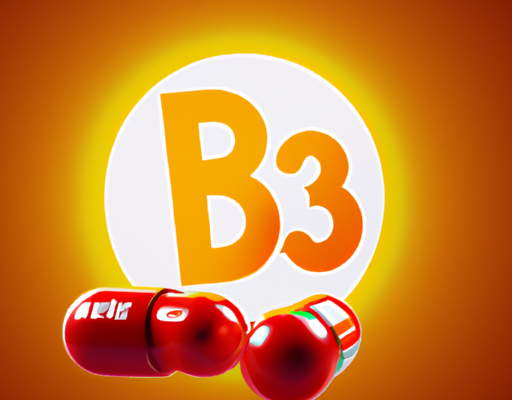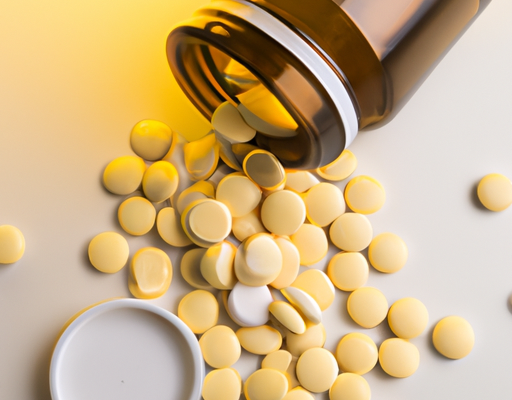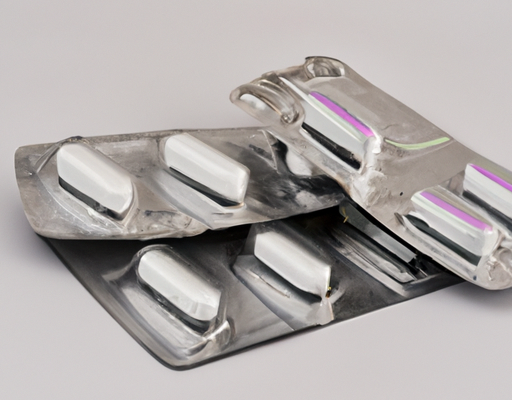Definition of a pustule
A pustule is a small, raised, pus-filled bump found on the skin. It is an inflamed lesion that is often caused by bacteria or a virus, leading to the formation of the pus within it. Pustules can be painful and can range in size from a few millimeters to up to a centimeter. They are typically red in color, although they can also be yellow or white. Pustules can also be accompanied by swelling and redness around the area. In severe cases, they can cause scarring if not treated.
Potential causes of a pustule
Pustules are small, pus-filled bumps on the skin that typically appear as a result of an infection or an allergic reaction. The most common cause of pustules is acne, which is caused by bacteria clogging the pores. However, pustules can also appear due to an allergic reaction from contact with a substance, or from an autoimmune disorder such as psoriasis. In some cases, an infection such as impetigo, folliculitis or a fungal or yeast infection may cause a pustule. Viruses such as chickenpox or shingles can also cause pustules on the surface of the skin. Finally, pustules can also be caused by medical treatments such as radiation or chemotherapy. Whatever their cause, it is important to seek medical advice if pustules appear, as they can significantly impact the health and well-being of the individual.
Benefits of popping a pustule
Popping a pustule may seem like an easy way to get rid of an unsightly blemish, but there could be benefits to taking a non-invasive approach instead. Not popping a pustule can help to reduce the risk of infection, as the risk of driving harmful bacteria deeper into the skin and causing more severe skin conditions is reduced. Furthermore, it can help to stop the pustule from spreading, and avoid the risk of any infection spreading to other parts of the body. By not popping a pustule, you are also preserving the skin’s natural healing process that involves the production of white blood cells. These cells help to fight any infection, and quickly bring the affected area back to its former state.
Risks of popping a pustule
Popping a pustule can be tempting, but it’s important to resist the urge. Doing so can cause serious health risks, including:
- Scarring
- Infection
- Spread of bacteria to other parts of the skin
- Increased risk of developing an abscess
Popping a pustule can also cause the infection to spread to other areas of the skin, leading to more pustules, cysts, and other skin conditions. It is best to resist the temptation of popping a pustule, as it can lead to more serious health issues.
Appropriate care for a pustule
It is important to take the appropriate steps if you ever pop a pustule. First and foremost, it is important to cleanse the affected area with an antibacterial soap or solution, such as hydrogen peroxide or alcohol. You should then cover the pustule with a sterile bandage or plaster to protect it from infection. Moreover, it is also important to avoid picking at the pustule as this increases the risk of infection. If you do find that the area around the pustule has become swollen and red, it is important to visit your doctor or health care provider as you may need antibiotics to help prevent the infection from spreading or worsening. Taking the necessary precautions when dealing with pustules will help to ensure the best possible outcome and reduce the risk of infection.
Expert advice on popping a pustule
When a pustule forms on the skin, it can be tempting to pop it and rush the healing process. However, it is best to leave it alone and wait for the infection to clear on its own. Trying to pop a pustule can be counterproductive, as it can spread the infection further into the skin and lead to a more serious condition. When a pustule develops, it is important to clean the affected area regularly and use a topical antibiotic treatment to encourage the infection to heal. Additionally, if the pustule persists for an unusually long period of time, medical help should be consulted to determine the best course of treatment.





No Comments